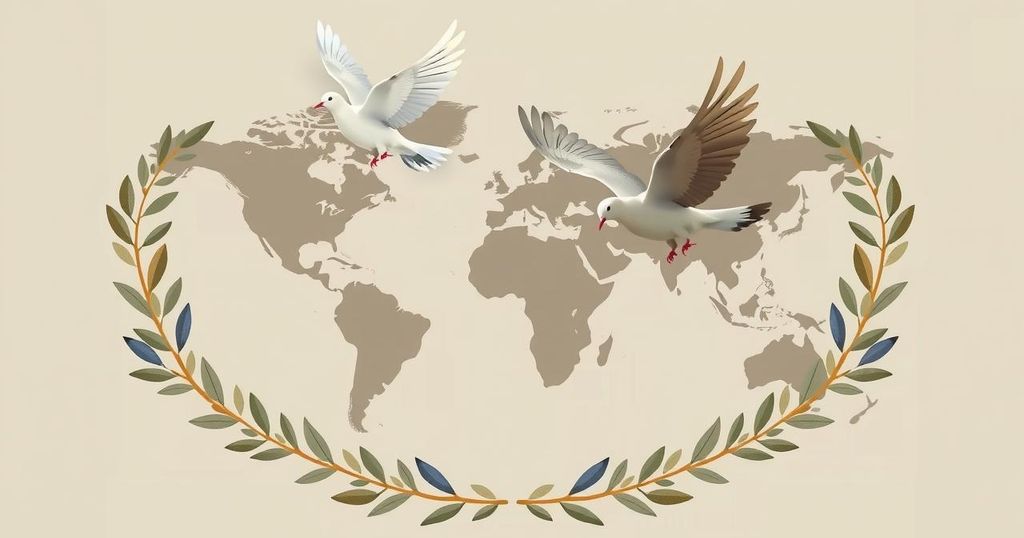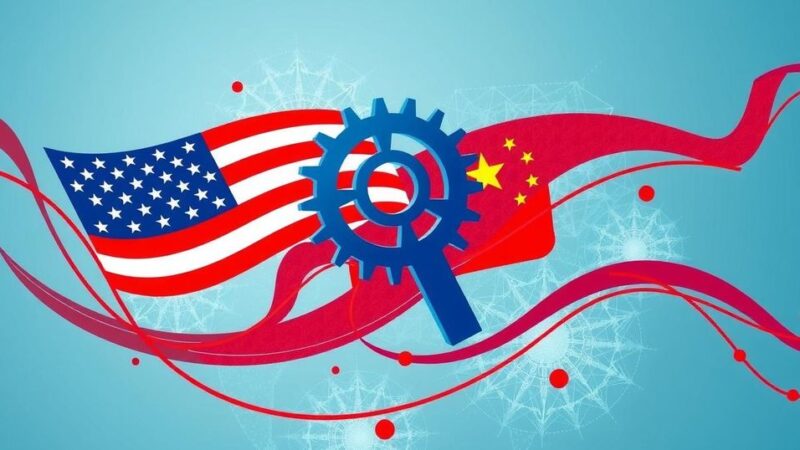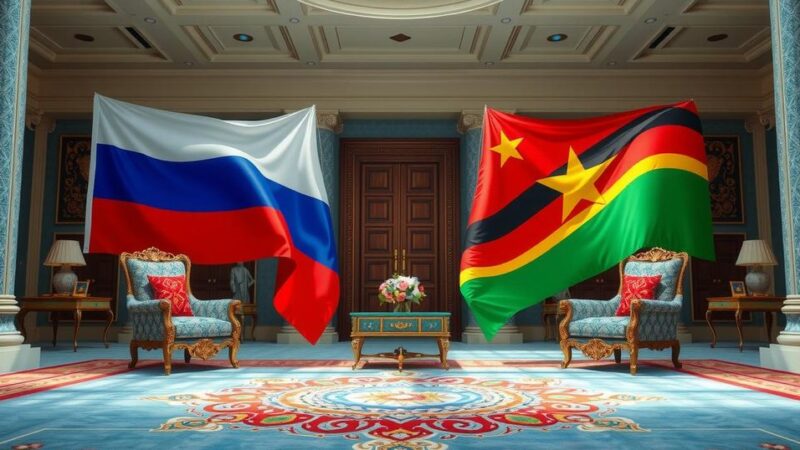Iran has warned European powers against enforcing new sanctions related to the nuclear deal, asserting that such actions could jeopardize future diplomatic efforts. Foreign Minister Abbas Araghchi criticized the snapback provision and urged for increased dialogue with European nations. Negotiations between Iran and the U.S. in Oman reflected ongoing tensions, with both parties firmly holding onto opposing views regarding uranium enrichment.
Iran has issued a serious warning to the European countries that are signatories to the 2015 nuclear deal, which is known as the Joint Comprehensive Plan of Action (JCPOA). This warning came on May 11, just as a fourth round of nuclear negotiations with the United States wrapped up in Oman, according to reports from IRNA dated May 12. The tone of Iran’s message was clear: imposing new sanctions could have lasting repercussions on diplomatic efforts surrounding the nuclear agreement.
Foreign Minister Abbas Araghchi took to social media to express Iran’s concerns, particularly directed at the United Kingdom, France, and Germany—the so-called E3. He criticized the concept of invoking the snapback mechanism that could reimpose UN sanctions, indicating such an action may result in “irreversible consequences” for the future of European involvement in the deal. While underscoring Iran’s willingness to engage in diplomacy, he mentioned a willingness to travel to European cities to facilitate dialogue, which has already yielded preliminary discussions at the deputy level.
The backdrop to this tense situation is President Donald Trump’s withdrawal from the JCPOA back in 2018, a decision he made during his first term in office. Since the transition of power back to Trump in January, he has consistently threatened potential military actions against Iran’s nuclear program should negotiations fail to conclude with a new agreement.
Araghchi’s comments were coupled with an opinion piece he authored for the French magazine Le Point, where he accused European nations of engaging in a “dangerous game” regarding sanctions. He cautioned that activating the snapback mechanism could instigate a “global non-proliferation crisis” with Europe bearing the brunt of the fallout.
On a separate note, Iranian and American negotiators just completed a nearly three-hour discussion session in Muscat, Oman, facilitated by Omani Foreign Minister Badr al-Busaidi. Although much of the interaction was indirect, Iran’s Foreign Ministry labeled the talks as “difficult but useful.” On the U.S. side, led by Trump’s West Asia envoy Steve Witkoff, officials expressed optimism about upcoming technical discussions planned for future negotiations.
These talks are part of broader initiatives aimed at constraining Iran’s nuclear ambitions while offering limited sanction relief in return. However, progress appears stymied by firmly held positions on both sides. Iran defends its uranium enrichment as a critical aspect of national sovereignty, while the U.S. maintains that dismantling Iran’s enrichment capabilities, including key facilities, is a non-negotiable requirement for any agreement.
In a televised interview post-discussion, Araghchi emphasized the emotional weight behind Iran’s nuclear progress, stating, “The blood of our nuclear scientists fuels our program.” He noted potential openness to restrictions akin to previous agreements but insisted Iran would never completely abandon its enrichment activities.
Contrarily, Witkoff reiterated the U.S. position in an interview with Breitbart, stating that a successful deal must include a ban on all enrichment-related activities and dismantlement of facilities such as Natanz, Fordow, and Isfahan. This divergence makes achieving consensus increasingly challenging.
In conclusion, tensions mount as Iran warns European allies against the reimposition of UN sanctions related to the nuclear deal. Foreign Minister Araghchi stressed the potential long-term negative impacts of such actions, suggesting that they could jeopardize the JCPAO framework. Despite ongoing negotiations in Oman, both sides remain entrenched in their positions on nuclear enrichment, complicating efforts to move toward a diplomatic resolution. The situation remains delicate and continues to evolve amid global concerns regarding nuclear non-proliferation.
Original Source: thecradle.co






